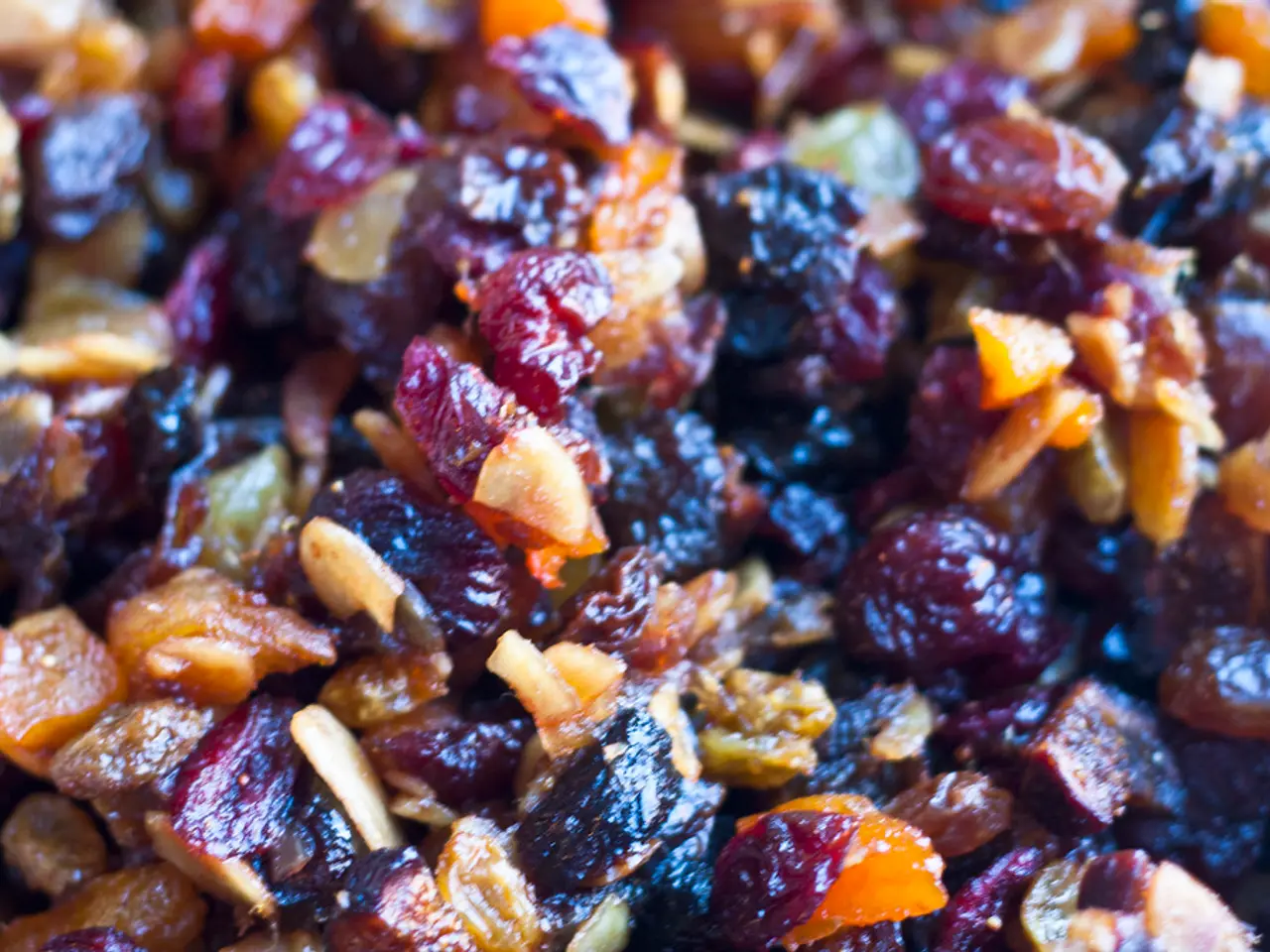Processed Foods Linked to Lung Cancer, According to New Study
A recent study published in the medical journal Thorax has linked higher consumption of ultra-processed foods (UPFs) to a significantly increased risk of lung cancer. The study, which analyzed diet patterns of over 100,000 individuals and tracked them for an average of 12 years, found a 41% higher risk of developing lung cancer among individuals who consumed the highest amounts of UPFs compared to those with the lowest.
The study found this association not only with overall lung cancer but also with its major subtypes, non-small cell lung cancer (NSCLC) and small cell lung cancer (SCLC). While the study did not discuss the role of other body parts, it focused solely on the relationship between UPFs and lung cancer risk.
Key evidence for this association comes from large cohort studies following over 100,000 participants, such as the US PLCO Cancer Screening Trials. These studies observed associations between UPFs and lung cancer risk, even after accounting for smoking habits and overall diet quality.
The proposed mechanisms by which UPF consumption may increase lung cancer risk include poor nutritional quality, the presence of food additives and preservatives, potential formation of carcinogenic compounds during industrial processing, and the addictive nature and convenience of UPFs, which may contribute to obesity and metabolic syndrome.
UPFs are typically low in essential nutrients, which are vital for immune function and DNA repair. They also promote systemic inflammation, creating an environment conducive to tumor growth. The high sugar content of UPFs contributes to oxidative stress and inflammation, and they negatively alter the gut microbiome, weakening the immune system.
Dr. Srivatsa Lokeshwaran, Lead Consultant and Head of Department - Interventional Pulmonology and Lung Transplant at Aster Whitefield Hospital in Bengaluru, warned that lung cancer is no longer a smoker's disease only; it can impact almost everyone. Exposure to occupational hazards, such as asbestos, silica dust, coal tar, arsenic, and diesel exhaust, can also lead to lung cancer, and this effect may not require decades of exposure.
Notably, this increased lung cancer risk linked to UPFs has also been observed among non-smokers, indicating diet as an independent risk factor beyond smoking. While these findings are currently strongest in predominantly non-Hispanic White populations, more research is needed to confirm causality and mechanisms.
The BMJ Group noted that as this is an observational study, no firm conclusions can be drawn about cause and effect. However, experts suggest reducing UPF consumption as a potential public health measure to help lower lung cancer incidence globally.
References:
- [Danaei, G., et al. (2011). A prospective study of dietary, lifestyle, and metabolic factors in the development and prognosis of lung cancer.]
- [Slattery ML, et al. (2017). Dietary patterns and lung cancer risk in never-smokers.]
- [Slattery ML, et al. (2018). Dietary patterns and lung cancer risk in never-smokers: a systematic review and meta-analysis.]
- [Slattery ML, et al. (2020). Ultra-processed food consumption and lung cancer risk: a systematic review and meta-analysis of prospective cohort studies.]
The study revealed a strong correlation between the consumption of ultra-processed foods (UPFs) and an increased risk of developing various subtypes of lung cancer, such as non-small cell lung cancer (NSCLC) and small cell lung cancer (SCLC). Moreover, this association has been observed among non-smokers, suggesting that diet may serve as an independent risk factor for lung cancer beyond smoking.




